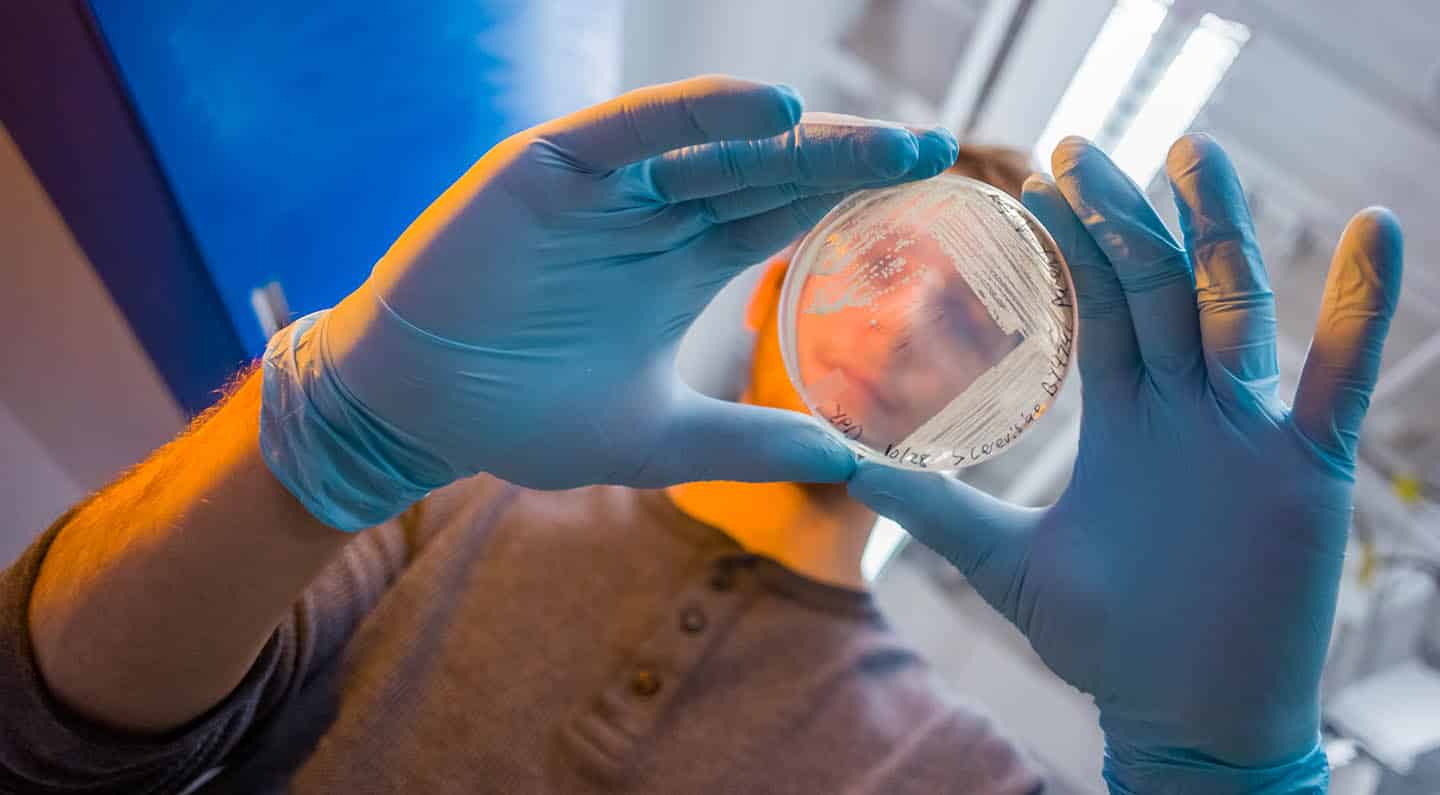
The Agricultural Science Program offers a holistic approach to the study of food and fiber production and their association and interaction with societal concerns. With an emphasis on sustainable agriculture, the agricultural science program focuses on creating hands-on experiences and experiential learning.
The Biology Program offers an in-depth approach to the laws, principles, and current theories of biology from the molecular to the ecosystem level. With the variety of course offerings and diversity of our teacher-scholars, students gain a strong understanding of areas ranging from cell biology and ecology to genetics and physiology. Because of the discipline’s critical role in society, students become familiar with the major ethical, environmental, and social issues related to biology.
The Biochemistry and Molecular Biology program is designed for students interested in multiple scientific fields. In addition to a comprehensive understanding of how chemical processes and molecular mechanisms impact biological systems, you develop critical thinking, analytical, and technical skills necessary to be a creative, effective, and responsible scientist.
The Cannabis and Natural Medicinals Program explores multiple aspects of naturally occurring chemical compounds and their uses as therapeutics in traditional and holistic medicinal practices. This interdisciplinary degree integrates the science behind cannabis and medicinal plants, the business and regulatory aspects of medicinal plants, and the social and cultural aspects of medicinal plant use.
The Environmental Science Program considers the interaction between natural systems and organisms – including humans. This interdisciplinary major encompasses a wide range of fields including biology, chemistry, agricultural science, economics, political science, and environmental studies.
Academic Programs
Minors
Multidimensional Learning Environment
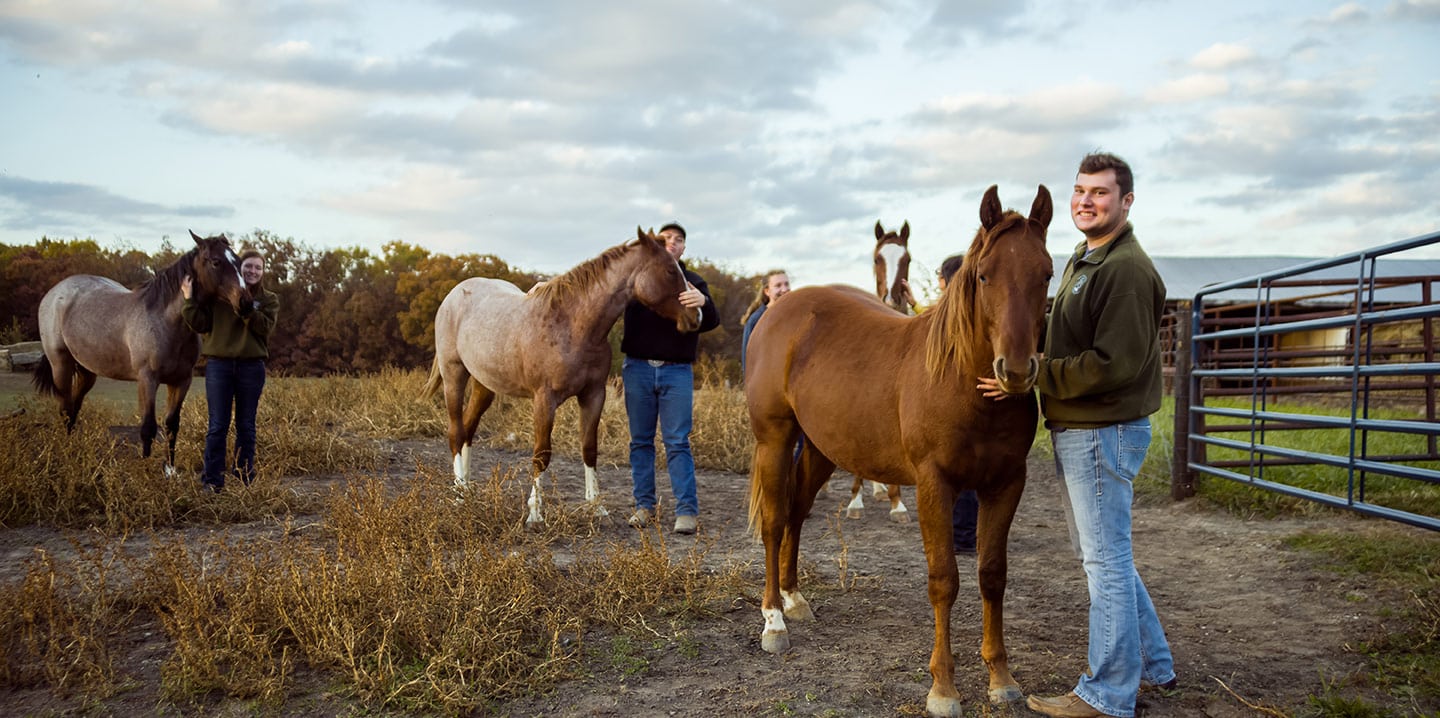
Student Organizations
Getting engaged with student organizations provides a chance to challenge yourself with a leadership role, interact with your peers, and build professional connections.
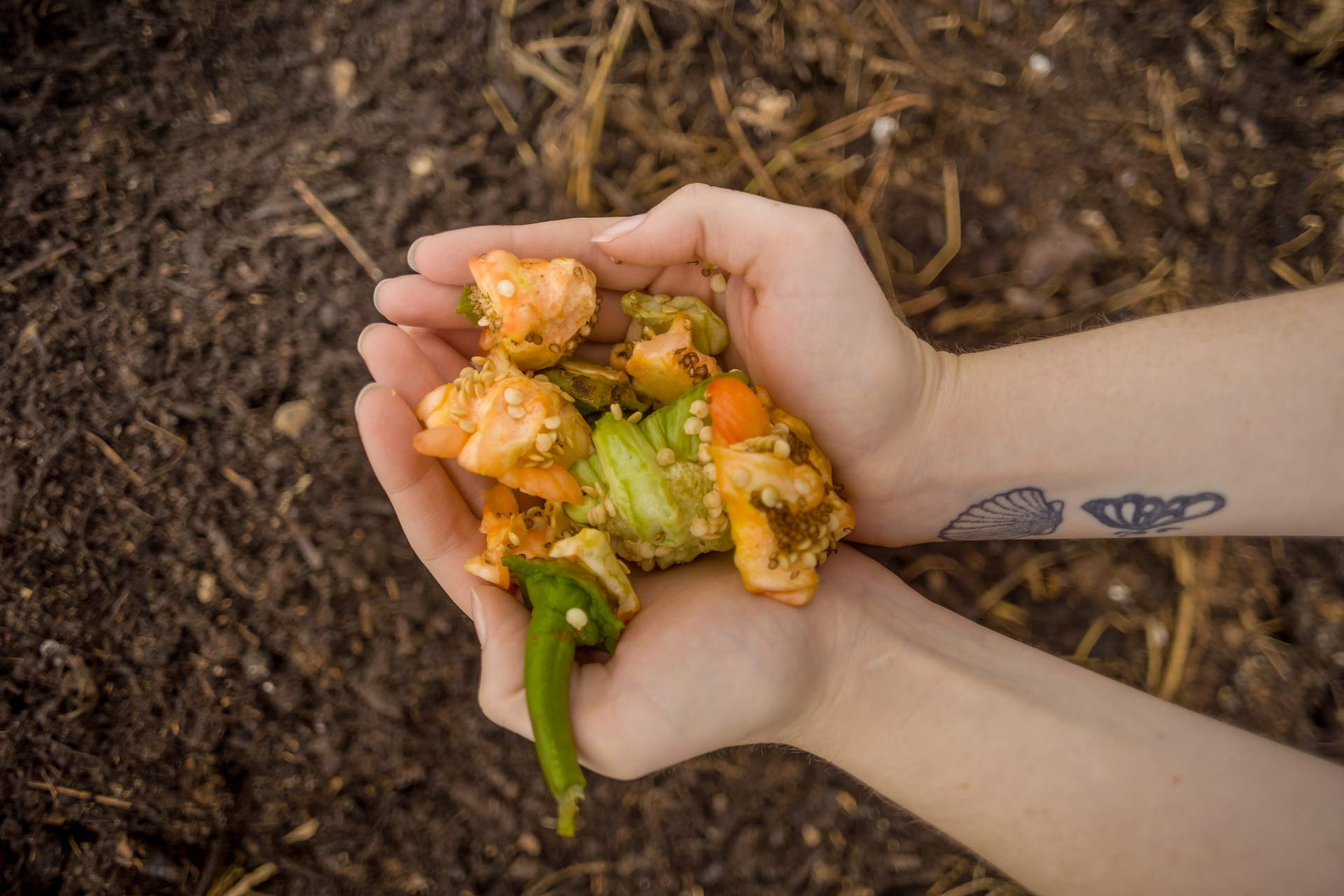
Compost Project
This project promotes sustainability at Truman through the collection of food and waste scraps which are turned into a renewable soil amendment. The project employs an intern to oversee its day-to-day operations.
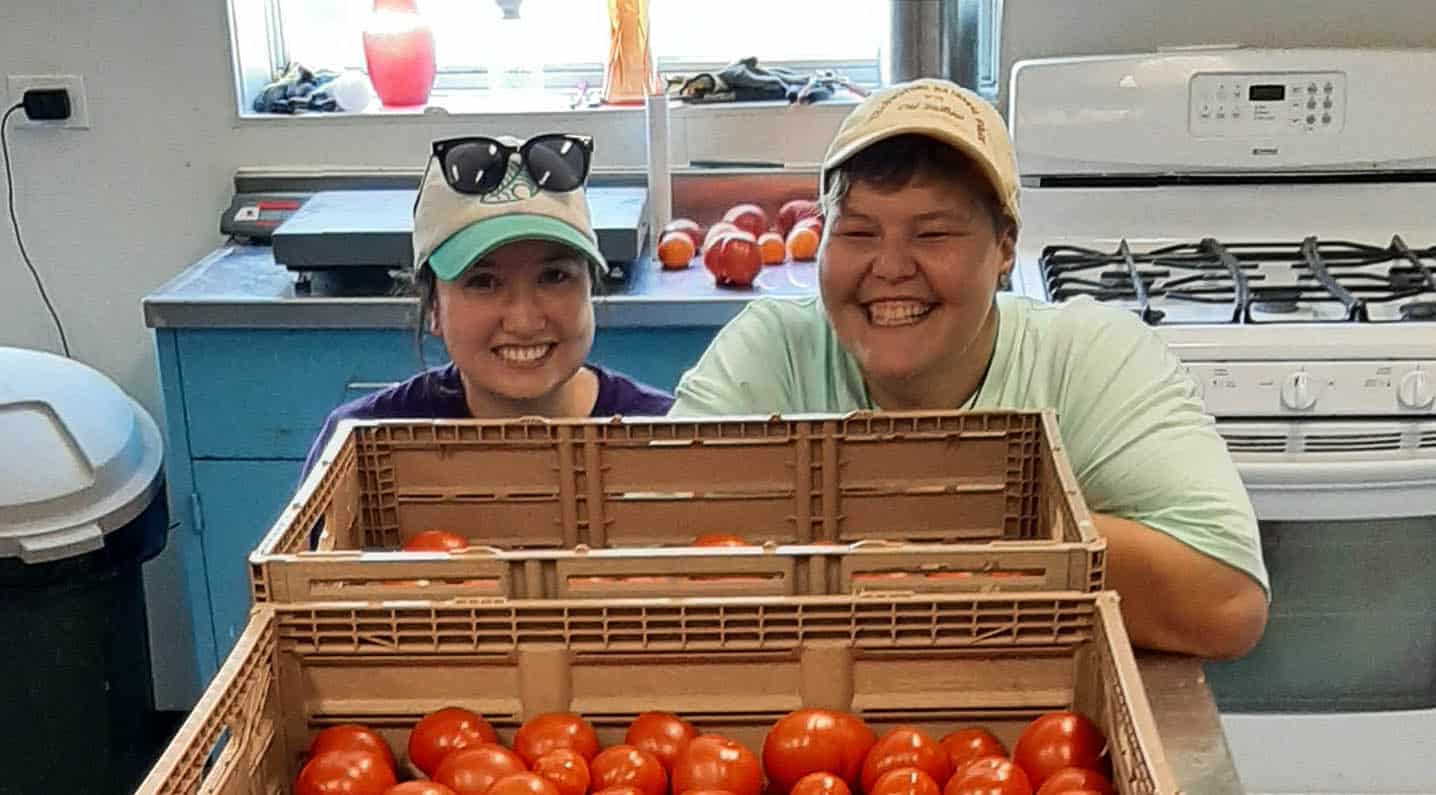
Farm-to-Table Program
Working in partnership with the local community, agricultural science students gain hands-on experience growing and distributing locally-sourced food.
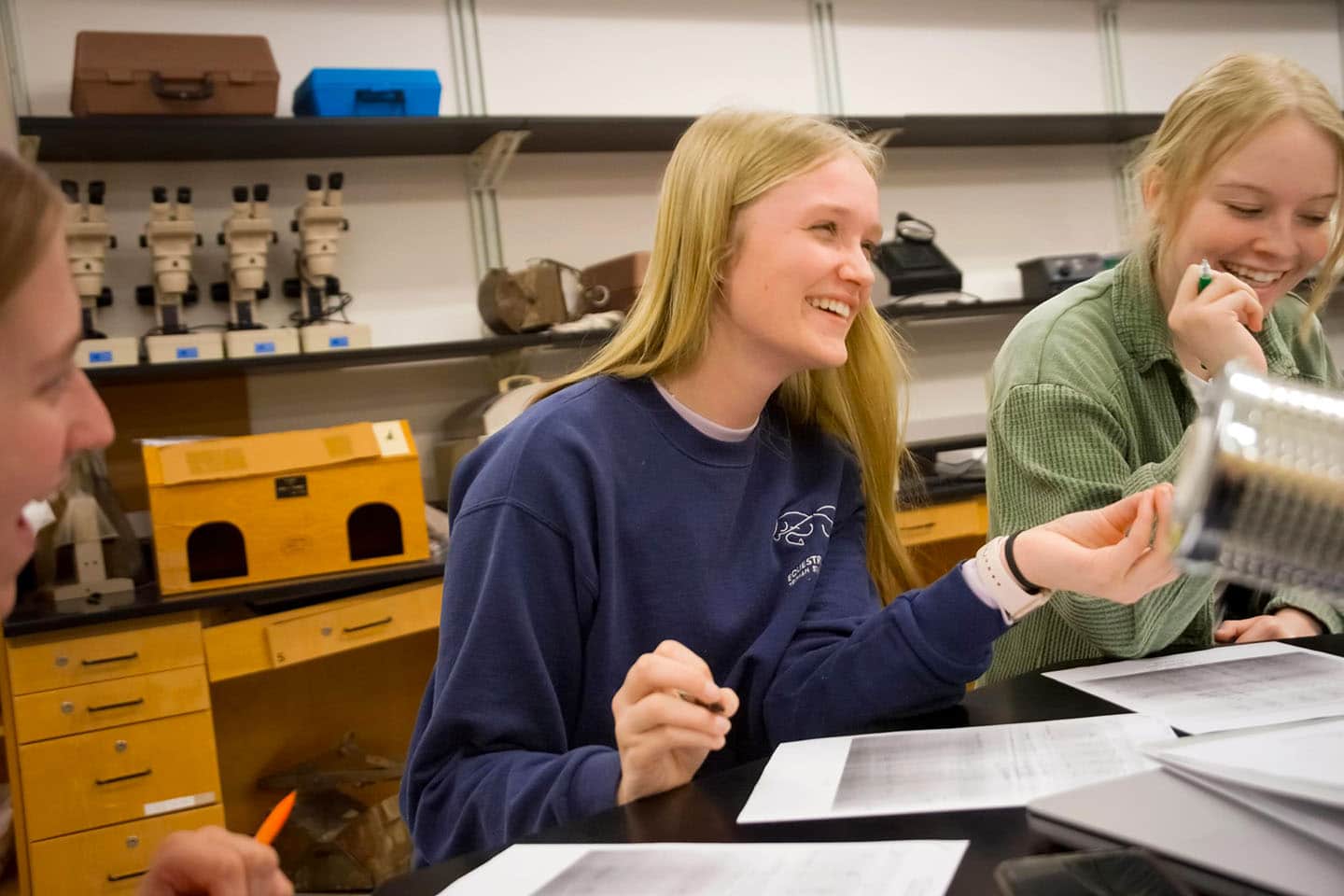
Research
Field and lab research are a key part of the educational experience for students in the Agricultural and Biological Sciences. Faculty work collaboratively with students on a diverse range of research topics. This provides students the opportunity to participate in research that best suits their interests and area of study.
Labs and Facilities
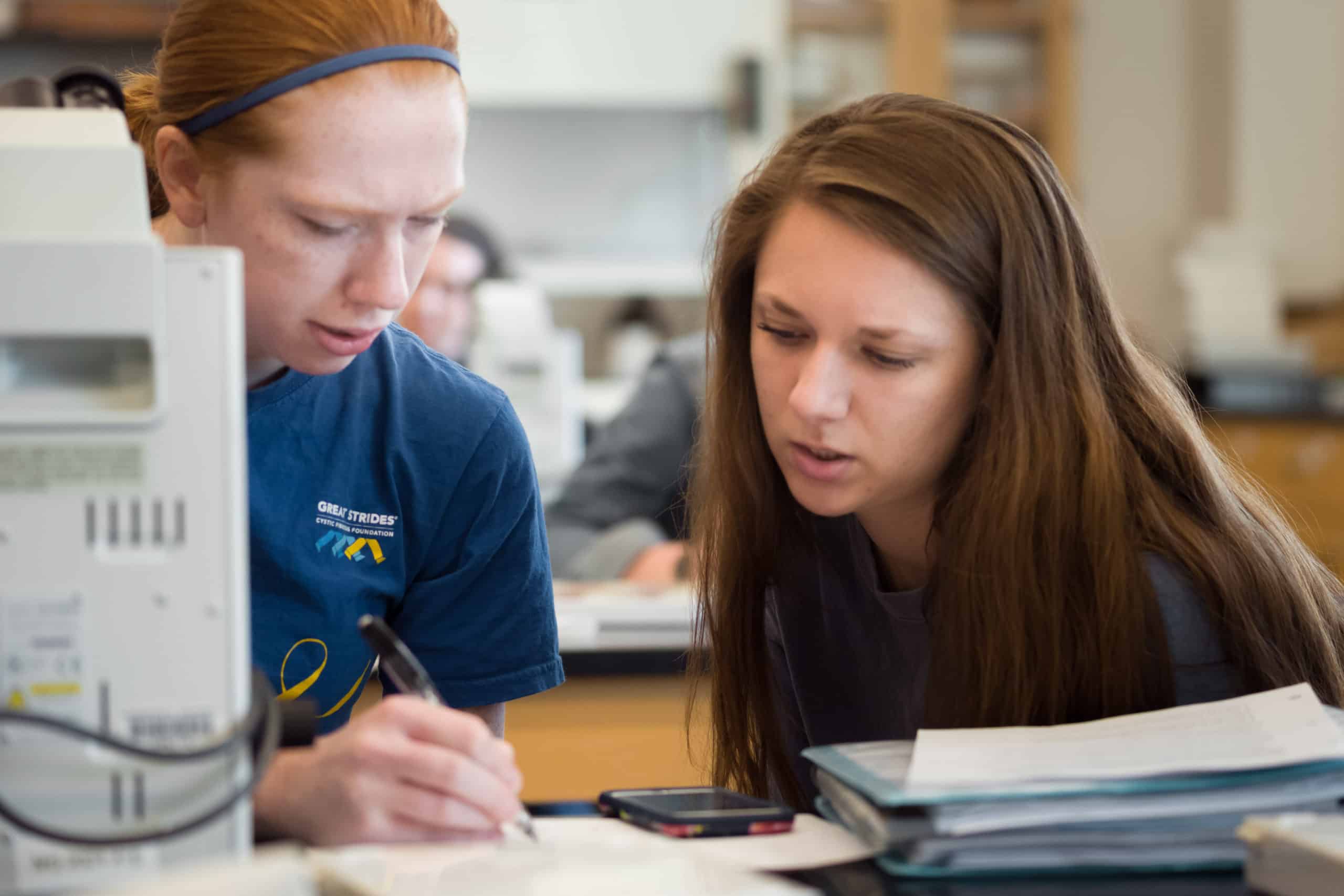
Students have access to research labs that support work at all levels of biological inquiry, such as cellular and molecular, organismal, and ecological levels. Core courses have associated teaching labs providing students with practical training and active learning.
Other resources include Truman's research farm, greenhouse, seed storage facility, walk-in environmental chambers, and computer facilities.
University Farm
Located about a mile from campus, the 400-acre University Farm includes resources such as a greenhouse, riding/breeding horse herd, cattle herd, agronomy research plots, vegetable production for farm to table, composting, indoor and outdoor riding arenas, and availability of horse boarding for students.
Virtual Tour